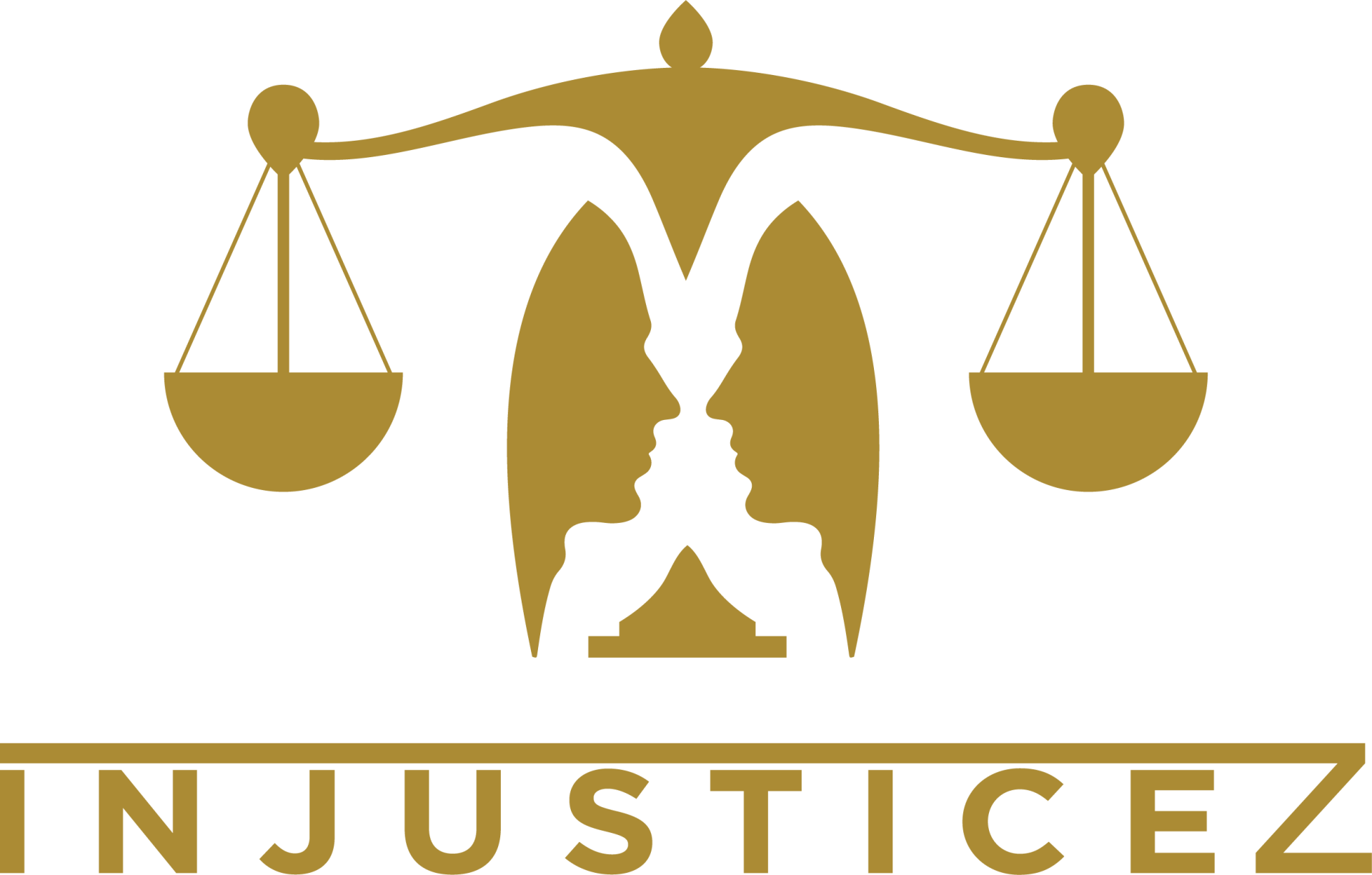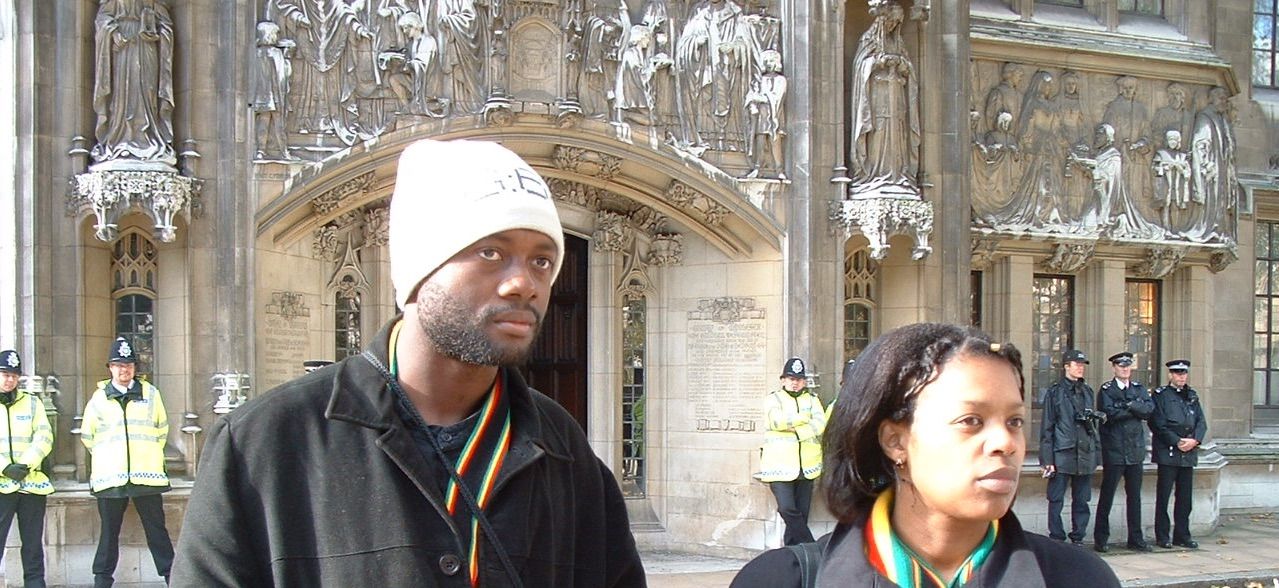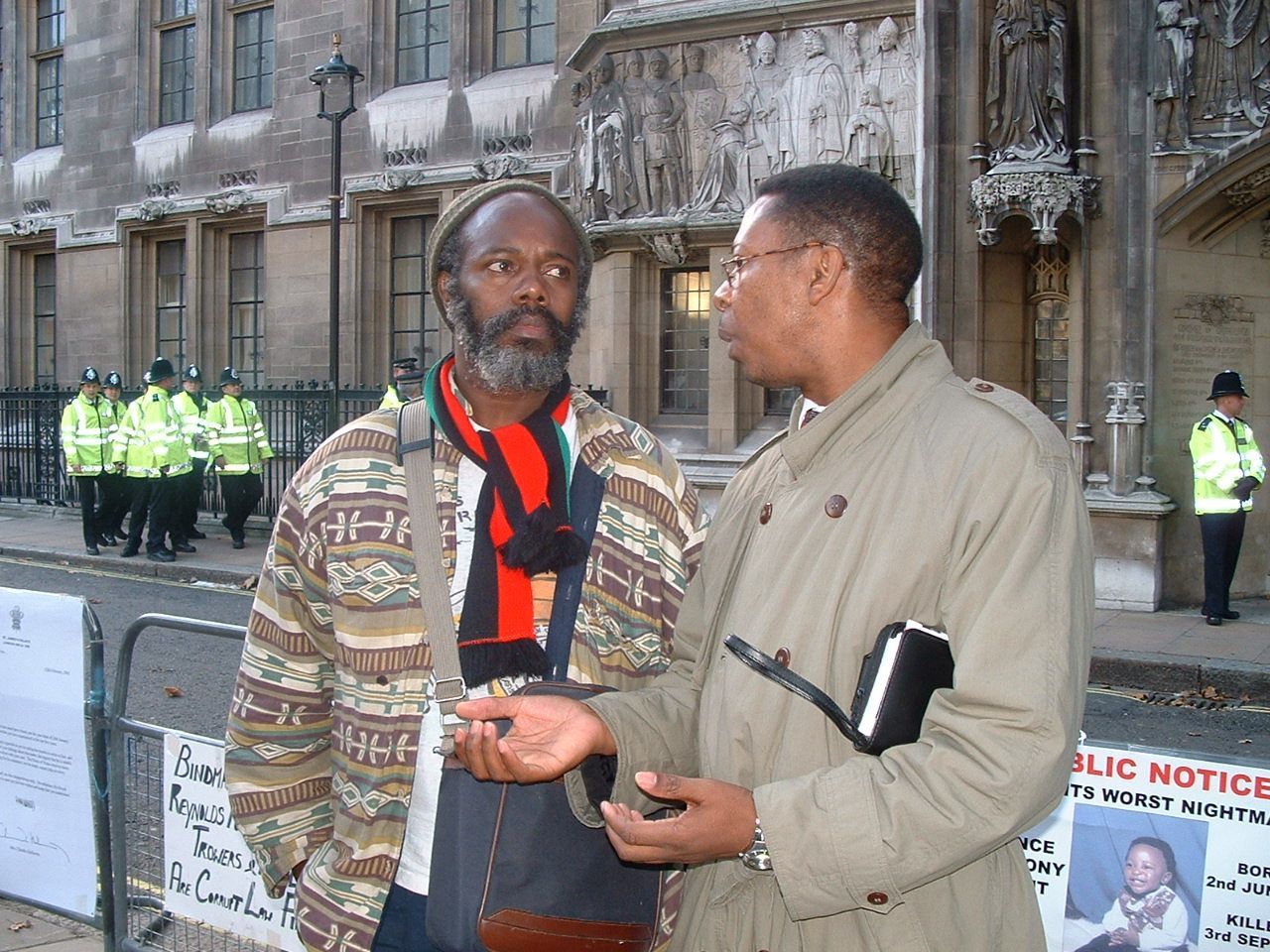Prima Facie Facts of Case 1
1. In November 1994, a Mr Caul Silford Grant retained the services of Bindman & Partners Solicitors to pursue a complaint against King’s College NHS Hospital Trust for negligently giving him false information about the circumstances leading up to the death of his 14 month old son.
2. His complaint was funded by the State.
3. Bindman & Partners advised Mr Grant, in writing, that there was no law in the United Kingdom which gave protection against false advice. Mr Grant found this very difficult to accept and sought the advice of several other law firms, who all told him Bindman’s were wrong.
4. Mr Grant tried to have his Legal Aid Certificate transferred to a firm of solicitors, who were prepared to properly represent his interest, but Bindman’s refused to release it.
5. On 17 July 1997, Mr. Caul Silford Grant issued a writ through the High Court of Justice against Bindman & Partners for several breaches of the solicitors’ code of conduct.
These include:
a. Breach of contract
b. Failing to advice about the Law relevant to the applicant’s case
c. Wilfully and Knowingly giving false advice
d. Not acting in the best interest of the applicant
e. Acting when there was a conflict of interest
f. Wilfully trying to prevent the transfer of the applicant legal aid certificate
g. Intimidation
h. Abandonment of the applicant’s son’s Case
i. Damages
6. The Solicitors Indemnity Fund instructed Reynolds Porter Chamberlain to act on behalf of Bindman & Partners.
7. Reynolds Porter Chamberlain acknowledged the applicant’s writ and requested an extension of time to serve a defence. This was refused by Mr. Grant, but a 21 days extension was allowed by the High Court on 13 August 1997.
8. Mr. Grant was then summoned to a strike out hearing on 18 August 1997.
There Reynolds Porter Chamberlain put forward an argument of missed opportunity. Mr. Grant denied this claim and an order was made by District Judge Litchfield, acting as Master, not to interpret any part of Mr. Grant’s claim as a missed opportunity, as there was no such claim contained within.
9. No new argument was ever presented to warrant a strike out, but as a result of Reynolds Porter Chamberlain having no suitable defence, used their influence of friends and family to have Mr. Grant’s case struck out.
10. On 3rd September 1998, the applicant reissued his writ. This time against four defendants:
i) Bindman & Partner
ii) The Solicitors Indemnity Fund
iii) Kings College Hospital
iv) The Maudsley Hospital
However yet again this too, was struck out by unlawful means in October 1998.
11. Sometime in December 1998, the Senior Partner at RPC, Alan Toulson, (who is also the brother of a High Court Judge, Mr Justice Toulson) or his firm, went to his brother and arranged to have his claim willfully struck out of Court. RPC also arranged, with Justice Toulson, an unlawful injunction against him contacting Bindman’s directly.
12. In February 1999 Alan Toulson or his Law Firm (Reynolds Porter Chamberlain) went back to his brother Justice Toulson making False Allegations claiming that Mr. Grant had breached the UNLAWFUL INJUNCTION.
13. A hearing was held in the applicant’s absence and without his knowledge, before Justice Toulson. Without giving Mr. Grant any opportunity to defend and refute the false allegations, Mr. Justice Toulson ordered Mr. Grant be arrested and taken direct to prison without any appearance in court. Mr. Justice Toulson further ordered that Mr. Grant serve 6 months.
14. Subsequently Mr. Grant came to learn about the ‘EXPARTE’ hearing conducted behind closed doors in his absence, through a Kings College Hospital staff who also informed him that there was a warrant out for his arrest.
15. Fearful for his life Mr. Grant went into hiding for a short period.
However in March 1999 Mr. Grant went to the headquarters of police at Scotland Yard to enquire about any such warrants. He was met by an Inspector who agreed to check. After some time checking, the Inspector returned to inform there were no criminal warrants, but a civil one remains in force.
16. Consequently Mr. Grant was held at Scotland Yard until officers from a local police station came and make the arrest. Mr. Grant was then taken to their station, (Belgravia) where he was detained in a cell overnight.
17. The following morning civilian staffs from the High Court came and placed him in handcuffs and took Mr. Grant direct to Pentoville Prison, where he served two months FALSE IMPRISONMENT before being released by a Judge who refused to participate in the ELABORATE SERIOUS CRIMINAL PERVERSION OF JUSTICE.
During the abuse of process and infringement on his rights, Mr Grant made several complains to:
- The Constitutional Monarch, Her Majesty the Queen
- 10, Downing Street
- His Constituent M.P.s
- Several Members of Parliament
- The UK Press and medias
However no help was forthcoming, since then until now !!!
The failure of the authorities to resolve the complaint led Mr Grant in 2000 to begin making a series of appeals for support from his community and the General British Public, through the airwaves of Local African and Caribbean Community 'Pirate' Radio Stations, because Licensed Corporate medias like BBC, LBC, etc., were too fearful of being sued, as well as not wishing to appear biting the hand that feed them through Corporate Sponsorships, Advertisements, etc.,.
These abject failures led to the formal incorporation of the CTJ Community Organisation which as a last RESORT, sought to enter the Civil/Criminal Courts by any means necessary in a series of Community Affirmative Action Campaign events of Lawful Rebellion, challenging unacceptable gross and odious Judicial violations and injustice, as in accordance with the spirit of Clause 61, Magna Carta 1215, Section 6(1) HRA 1998; Section 6(6) HRA 1998; Section 7(1) HRA 1998; Section 7(1)(a) HRA 1998; Section 7(1)(b) HRA 1998; Section 7(6) HRA 1998; Article 5(5) HRA 1998; Article 6 HRA 1998; Article 7 HRA 1998, etc.,.



